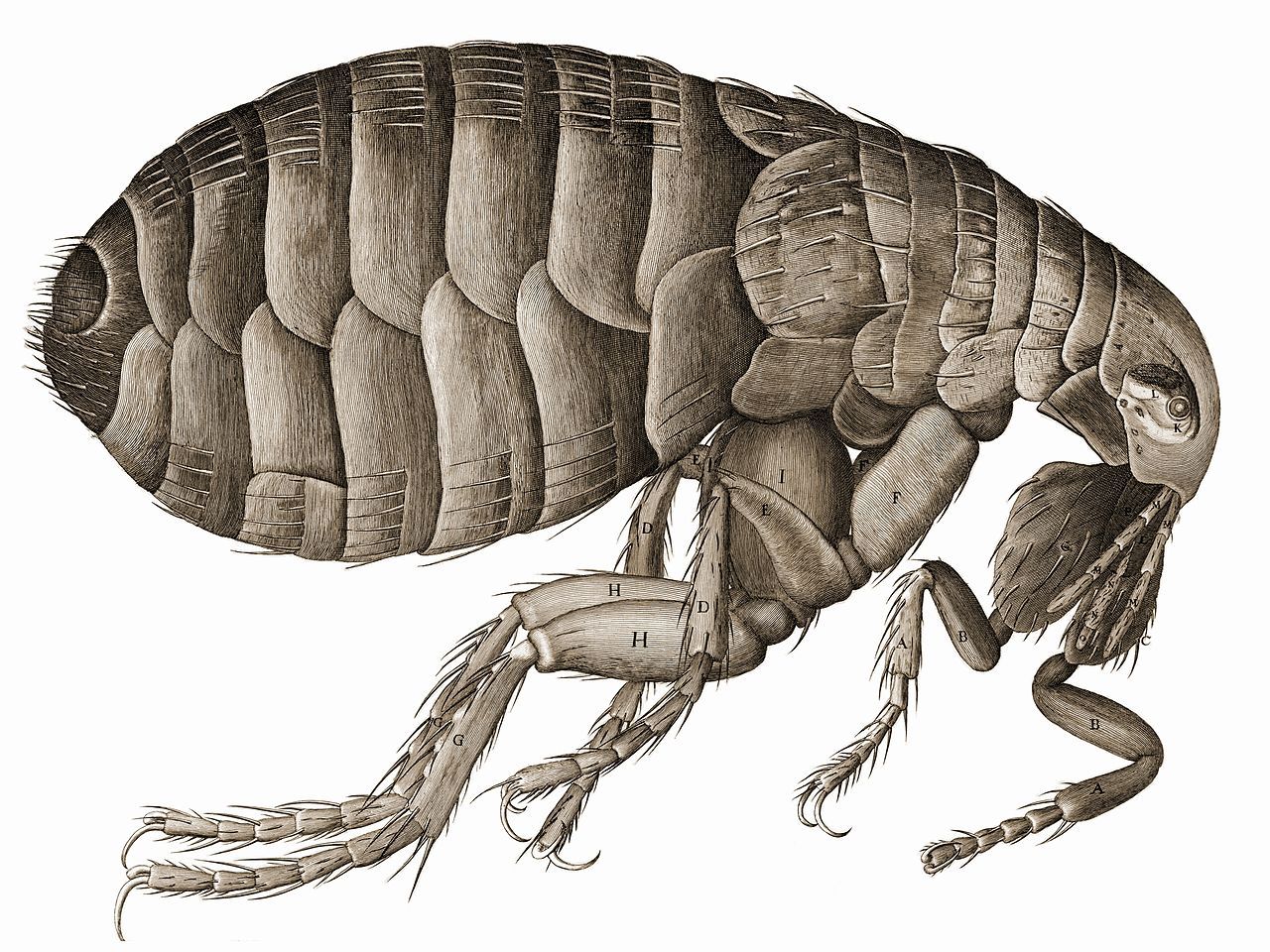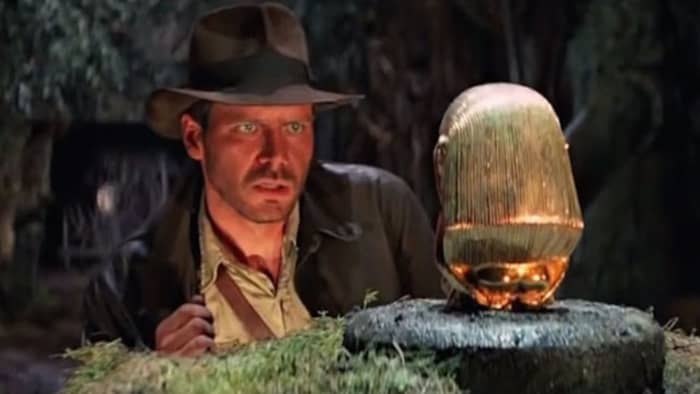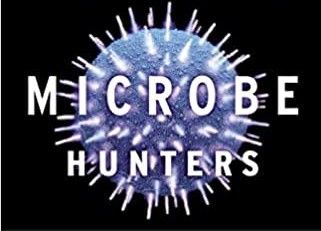"I have no other purpose than to place truth before my eyes so far as it is in my power to embrace it and use the little talent I have received to draw the world away from its old heathenish superstitions and to go over to the truth and stick to it!"
These words by Antoine Leeuwenhoek, who discovered the existence of "animalicules", what we know of today as bacteria, distill the driving force of science and, for me at least, the fundamental goal of a successful life.
It is a travesty in my mind that I was able to graduate with a bachelors degree in biology without any meaningful knowledge of the history of the science that I was studying. That is something that I have been remedying over the past 5-6 years in my teaching. Learning the history of the development of medicine and biology has enriched my teaching immensely. I am able to engage the students who have more of a humanities bent to their interests and I am able to provide context for why they should learn whatever it is that I feel is important. Instead of just giving them a collection of facts that I want them to learn I am able to provide an engaging story of how we came to learn this knowledge, who made these discoveries and why we should value these discoveries.

Microbe Hunters is a book written in 1926 by Dr. Paul de Kruif. One of the challenges of reading books written in the early 20th century is that they tend to be written in a flowery way. It seems like they take eight paragraphs to say what could have been said in one. But this book isn't hindered by being overly wordy. The prose is clear and concise but still enjoyable. de Kruif has an imaginative writing style; I enjoy how he imagines the thoughts and phrases of the scientists he is documenting. There is a kind of captivating romantic streak in de Kruif that makes you want to take some of the stories with a grain of salt as de Kruif conjectures on the thoughts and feelings of the subjects he is documenting.
The book is formatted as a series of chapters, each covering the important facts about the particular microbe hunter being examined. There is a significant amount of space given to Pasteur and Robert Koch as the men who made microbe hunting a profession and a science.
As a biology teacher I notice that a lot of what passes for teaching biology is a focus on chemistry and its associated details. When I first had to learn about the krebs cycle I had to memorize all of the compounds that sugar broke down into. We discussed how many molecules of ATP and NAD+ are gained. I didn't really understand why this was important and something worth learning. I will never remember those facts and neither will any student who has had to memorize them to get a good score on the AP biology exam.
This kind of "biology by accounting" is more or less how we teach biology today. It is boring and leaves people who are learning this get so caught up in looking at the details that they never zoom out and see the big picture.
But the scientists of the late 19th and early 20th century were really trying to grasp the big picture; Why do people mysteriously get sick? Why are people in this town near the lake dying but these people who live on the mountainside nearby completely fine?
In attempting to answer these big picture questions there was a sense of adventure to this work. The title of the book is appropriate because these scientists were, in their own way, engaged in a great adventure! Discoveries were inevitable to anyone who had the equipment and the patience to toil and seek.

There are some phrases and manners of writing that you couldn't write in the 21st century; de Kruif's casual phrasing of the "Japs and Jews" who ran the labs crosses the line of acceptable dialogue according to 21st century rules. This is especially the case in later chapters when the microbe hunters begin engaging in ethically dubious practices of purposefully infecting "the darkies" with malaria and yellow fever in India and Cuba. But there is no evidence that he used these terms with animosity or condescension (at least as far as I could interpret).
It is interesting to see the difference in perspective of a man who is writing from the point of view of an early 20th century. de Kruif does not seem to have the same kind of moral reservation about infecting patients that I have as a 21st century reader. I kind of threw up in my mouth a bit when I read about how Walter Reed, the famous American military doctor, locked up a group of test subjects in a house for a month while only wearing the clothes of people who died of yellow fever in order to prove that this disease isn't passed on through contact. But de Kruif doesn't make much of a fuss about this experiment. This is likely because de Kruif would directly see that this experiment, and many others like it, saved millions of lives.
There is an important opportunity for discussion here - the writing makes clear that the intentions of these men were good - there is no evidence that they were infecting people out of spite or animosity; Many of these scientists subjected themselves to their own experiments to help them prove the cause of these diseases. Unfortunately just infecting themselves was insufficient to meet the needed burden of proof that could only come from infecting many people who were not likely to have been previously infected.
The work these scientists were doing was beyond important. They weren't trying to fix male pattern baldness or something medically trivial. Malaria, for example, was, and still is in many parts of the world, one of the greatest killers of mankind. Reports of malaria go back as far as Roman times and in the 20th century Malaria has claimed the lives of an estimated 250 - 300 million people (1). Even in the 21st century, the WHO estimates 250 million cases of malaria a year, with over 600,000 deaths directly attributable to malaria infection, 80% of those deaths are children under the age of five (2). The cause of malaria was only discovered, after millennia of superstition and conjecture, thanks to the incredibly rigorous work of Ronald Ross and Antonio Grassi.
But at the same time they engaged in morally suspect practices - paying immigrants to expose them to mosquitos they suspected had the malaria bacteria. Infecting already dying patients with yellow fever. These are practices that we, morally and ethically, no longer permit.
But it is hard to deny the very uncomfortable fact that the late 19th and early 20th century saw the eradication of diseases that plagued mankind for millennia. It is hard to not ask if some of our current issues in healthcare, such as approving medicines that only later turn out to have unforeseen side effects that are worse than the disease, come from an over reliance on animal models and pharmacokinetic formulas and insufficient testing in real world conditions.
I want to explore these ideas as I think about these books intellectually but in the core of my being I am revulsed at even the thought that we should encourage a greater amount of testing on people who do not know what they are being tested with. The idea that we would prey upon the financially desperate or those who do not know what they are agreeing to disgusts me.
I don't have an answer to this conundrum but I think there is something worthwhile in asking these questions and appreciating the fact that people have sought out answers and didn't just rely on superstition and guesses.
I think this book would be a nice book for a senior seminar - a history of science class would be a good place to encourage this book. Students could read the whole book and then use it as a starting point to go into greater depth research of a particular individual scientist to appreciate their contributions. All middle and high school science teachers should read this book - the knowledge doesn't need to be directly used in the classroom for your teaching to benefit from reading this book.
If you're interested in the book you can find it here.
(1) https://www.ncbi.nlm.nih.gov/books/NBK215638/
(2) https://www.who.int/news-room/fact-sheets/detail/malaria


Member discussion: